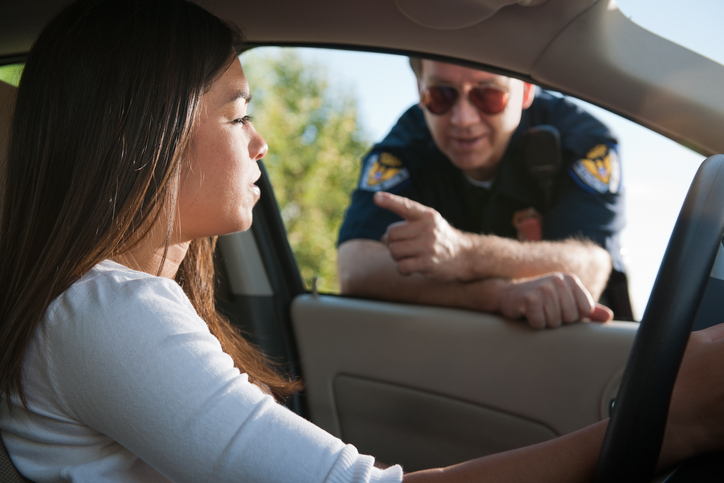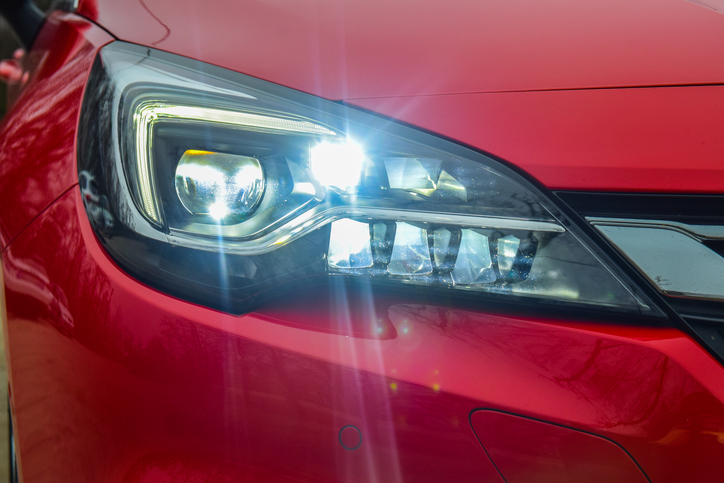Why can’t Canadians show police proof of insurance on their phone?
Excerpted article was written by
We just moved to Surrey from San Diego, and I was surprised when the insurance guy here said ICBC doesn’t let you show police your insurance information with an app, like we can in California. Is that true? It seems kind of backward. – Ron, Surrey, B.C.
Even in eco-friendly British Columbia, you still need to keep plenty of paper in your glove compartment.
“You must legally carry the original or unaltered photocopy of the owner’s certificate of insurance and vehicle licence in the vehicle while it’s operated,” said Lindsay Olsen, spokeswoman for the Insurance Corporation of British Columbia (ICBC).
You need the paperwork even though, in B.C., your licence plate decals show that you’re insured for the year.
And, no, there’s no app for that. Olsen said there are “no immediate plans” to allow drivers to carry proof of insurance on their phones.
Right now, no province allows electronic proof of insurance if you’re pulled over – but 46 U.S. states do.
“It’s all about convenience,” said Alex Hageli with the Property Casualty Insurers Association of America (PCI), an industry group that promoted the laws. “I’ve heard millions of stories about how people got pulled over and they realize, ‘Oh, this is expired’ or ‘I’ve got three cards, and they’re all older than three months, so I’ll get a ticket.’”
Colorado, New Mexico and Washington, D.C. don’t yet allow it. Massachusetts doesn’t require proof of insurance and New Hampshire doesn’t require insurance.
In its 2017 budget, Ontario announced it would allow electronic proof of insurance and require insurance companies to give discounts to customers who opt for it, but no date has been set, and the province is still trying to figure out how it will work, the Financial Services Commission of Ontario (FSCO) said in an e-mail statement.
“Electronic pink cards would allow drivers to confirm their proof of insurance through their mobile device, instead of the current paper pink cards issued by insurance companies,” said FSCO spokesman Malon Edwards. “However, drivers would continue to be responsible for confirming their proof of insurance, either electronically or with a paper copy, upon request.”
We checked with other provinces, and nobody else has immediate plans in the works.
Slips sliding away?
In Canada, the insurance industry says customers are asking to get rid of paper.
“Especially with the issue of identity theft, leaving personal documents inside the vehicle isn’t the best thing to do,” said Pete Karageorgos, director of Ontario consumer and industry relations with the Insurance Bureau of Canada.
Could it also cut costs for insurance companies?
“You gotta remember, from the insurance company’s perspective, they may have to administer different lists because not all people will want to get it electronically,” Karageorgos said. “There may be a cost to doing both simultaneously.”
So, if you do carry your licence on the phone, will you still need a paper backup?
In the United States, a paper backup is recommended but not required. Instead, states require that you carry either an electronic copy or a paper copy.
“There was some talk of requiring both, but that would have defeated the purpose,” Hageli said.
How this works in practice can vary. Some companies offer apps. Others let you click on an e-mail to put your insurance card in your smartphone’s wallet, along with your credit cards, frequent flyer cards and concert tickets.
“So if I’m driving in the middle of nowhere with no reception, I’m still able to access my e-card,” Hageli said. “Theoretically, you could print out something or just take a picture of your card online and that’s good enough.”
Privacy risks?
But there are worries: Police were concerned that if a driver reaches into his pocket to grab a phone, officers might think he has a gun, Hageli said.
And what happens to your phone if officers take it to the squad car to check it? Could they access your browsing history, personal texts and e-mails? If they drop your phone or scratch it, could you sue?
If you’re using a card in your iPhone’s wallet, for example, you can set your phone so only the wallet is available while the phone’s locked, preventing someone from seeing anything else, but that wouldn’t work for apps or a PDF.
Instead, state laws generally say that officers can’t access your information, and they’re not responsible for damage to your phone.
For example, Delaware’s law states, “Presentation of proof of insurance in electronic format shall not constitute consent for law enforcement, justice of the peace, or other state officials to access other contents of the cellular phone or other portable electronic device, and shall not expand or restrict authority to conduct a search or investigation.”





